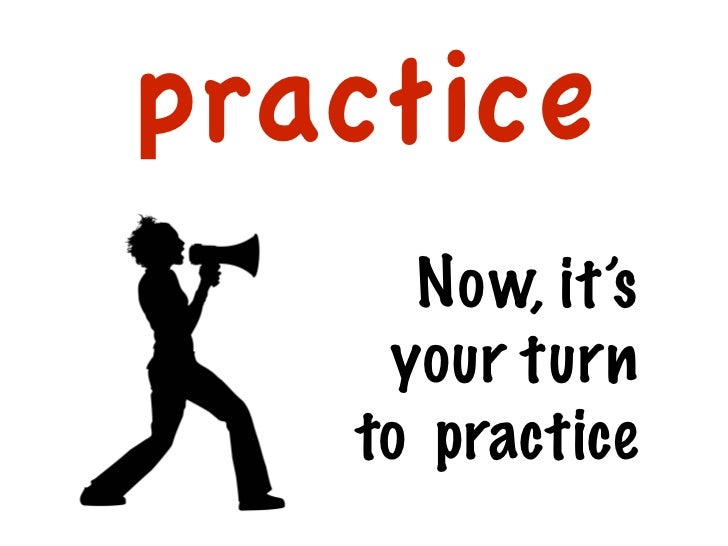HEROES AND VILLAINS - Williams Carlos Williams by David Widgery
Read the following article retrieved from a quality newspaper
The
first thing any practicing doctor who also writes gets asked is, ‘How
do you find the time?’ A combined career ought, in theory, to be
perfectly possible: writers and doctors are both only trained observers.
And there is a distinguished list of literary medics. But almost all
end up doing one or the other. And if they are any good as writers, the
stethoscope takes second place. There never seems to be time to do both
properly.
But William Carlos Williams, the great Modernist poet,
succeeded. Williams, who was born in 1883 and died in 1963 after a
series of strokes, was not only a prolific poet, critic, novelist and
dramatist, but also a lifelong, full-time general practitioner in
Rutherford, New Jersey. Although he could have easily set up in private
practice in Manhattan, he chose instead to work in a working class
industrial township with many recent immigrants from Italy and Eastern
Europe, who spoke little English.
His ‘Doctor Stories’ deal with
crises understood by any contemporary inner-city GP: still birth,
autopsy, patients who refuse examination or cannot understand
reassurance, never-ending evening surgeries, externded family
consultartions in broken Englisuh, the particular test of
night-visiting. My visits are made to the concrete tower-blocks of Tower
Hamlets in London’s East End, and the new immigrants are from Vietnam
and Bangladesh. There is no other writer who deals so well with how to
listen, how to care, how to be there at the moment of physical need. He
must have jotted these feelings down on prescription pad or notebook,
then transcribed them o his laboratory typewriter, when hammering often
awoke his children. ‘By the time we assembled for breakfast, he had
probably already done an hour’s stint,’ recalls his physician son
William.
As much as his industry, I like his laconic tone. His
tenderness is hard-edged, his humanism slightly cynical; best of all, he
is never sentimental about the oppressed. And there is the sheer
quality of his literary work.
Williams, whose mother was Puerto
Rican, was only a second-generation English speaker, so he struggled to
develop a truly American voice. His innovations were a simile-free-
metaphor-stripped diction arranged with a syntax and prosody based on
lug breaths. It produced a wonderful, still woefully underrated body of
work, ranging from the long love-poem ‘Asphodel’, to the haiku-like
lilts in ‘Pictures form Breugel’.
Williams is heroic because he was a
prophet in his own land, because he reclaimed poetry from
European-imitating academics and because he stayed a working doctor –
and enjoyed it. ‘I never felt’, he wrote, ‘that medicine interfered with
me but rather that it was my food and drink, the very thing that made
it possible to write.’ So whenever I become disgruntled about the
workload, I mutter a phrase of Williams’ about one of his patients,
which sums up my own mixed feelings about practicing in the East End:
‘her smile, with a shrug, always won me.’
(David Widgery, The Independent)
ACTIVITY
MULTIPLE CHOICE
Choose the most suitable answer for each question
How is William Carlos Williams unlike other literary doctores, according to David Widgery?
- He enjoyed working as a doctor.
- His work as a doctor was a source of ideas for his writing.
- He managed to continue both careers for all his life.
- His powers of observation developed with his writing.
The problems that Williams encountered among his patients...
- ...were typical of the time.
- ...exist in similar settings today.
- ...have disappeared with advances in medicine.
- ...were specific to the region where he worked.
In which area is there a similarity between William Carlos Williams and David Widgery?
- Literary tastes
- Temperament
- Family origins
- Working environment
When did William Carlos Williams do his literary work?
- At night
- After evening surgery
- During the afternoon
- In the early morning.
According to David Widgery, the reputation of William Carlos Williams...
- ...is now higher than it has ever been.
- ...is not as high as it deserves to be.
- ...has declined since his death.
- ...has been overshadowed by that of his contemporaries.
Regarding his own medical work, David Widgery...
- ...fails to find it challenging.
- ...sometimes wishes he had less to do.
- ...continues practising for the sake of his patients.
- ...finds it interferes with his aims as a writer.



